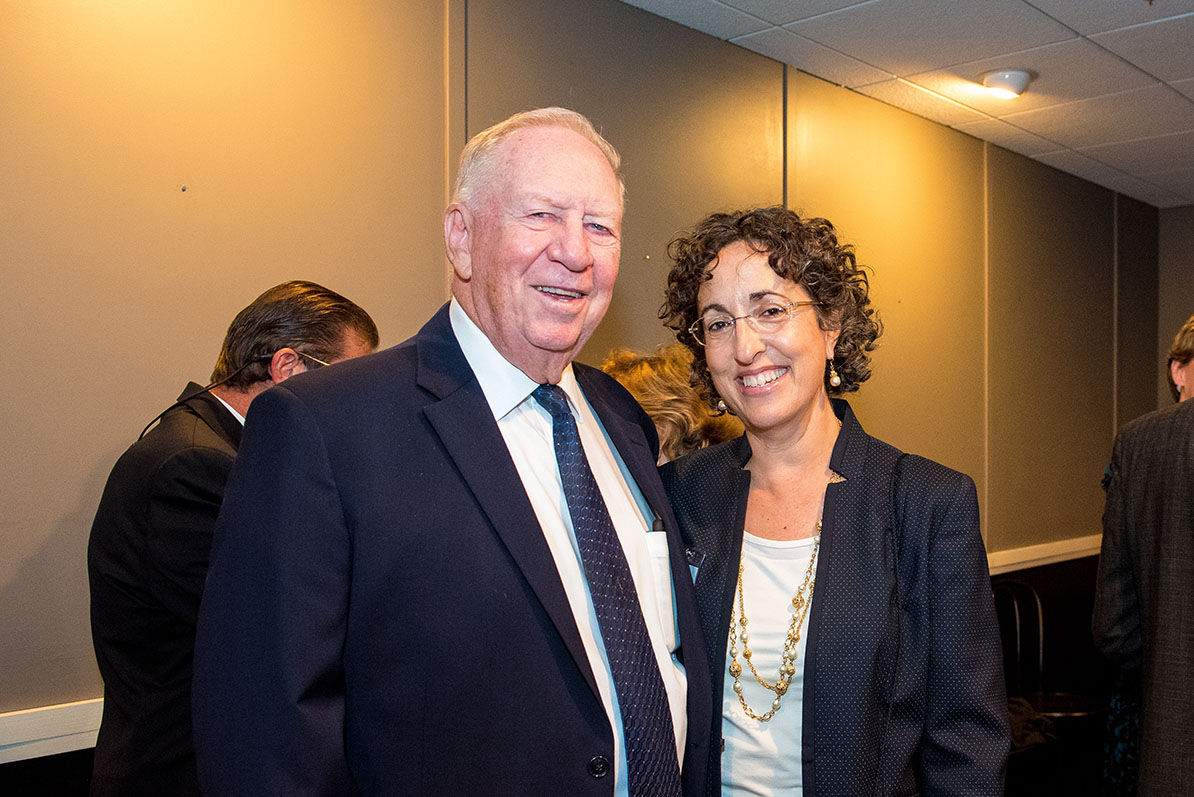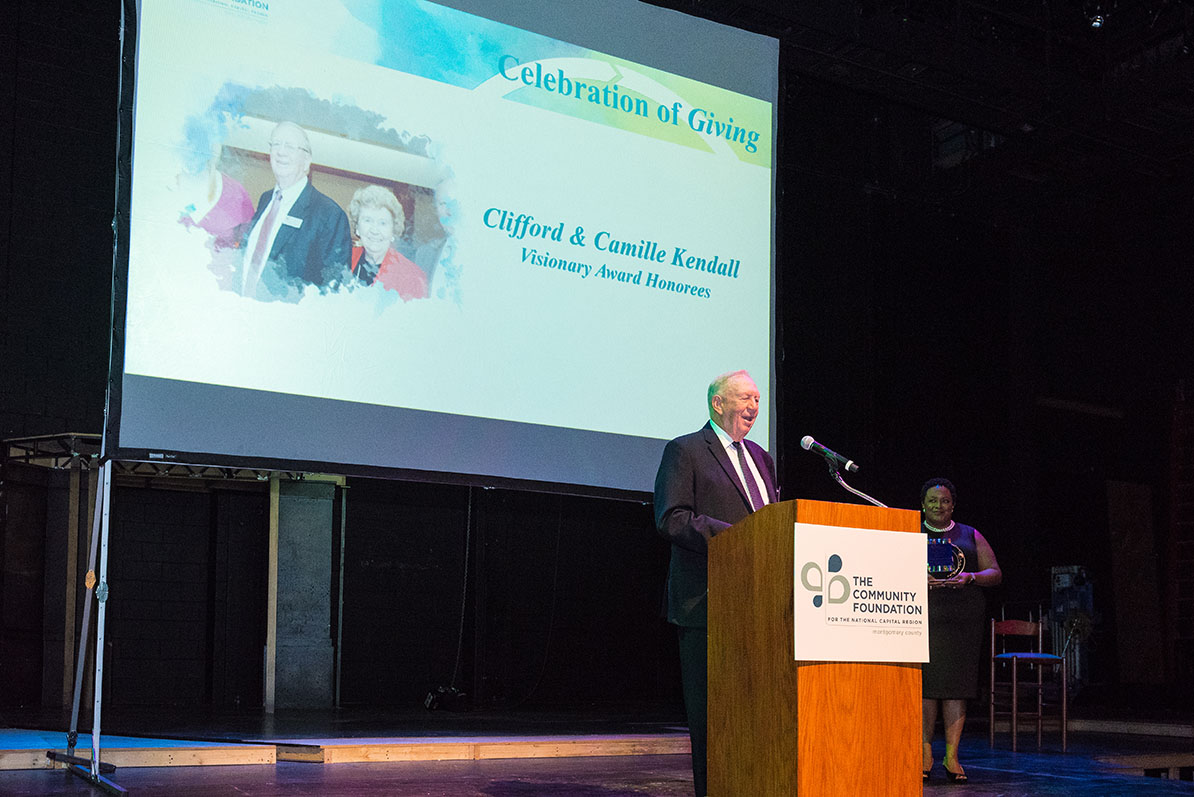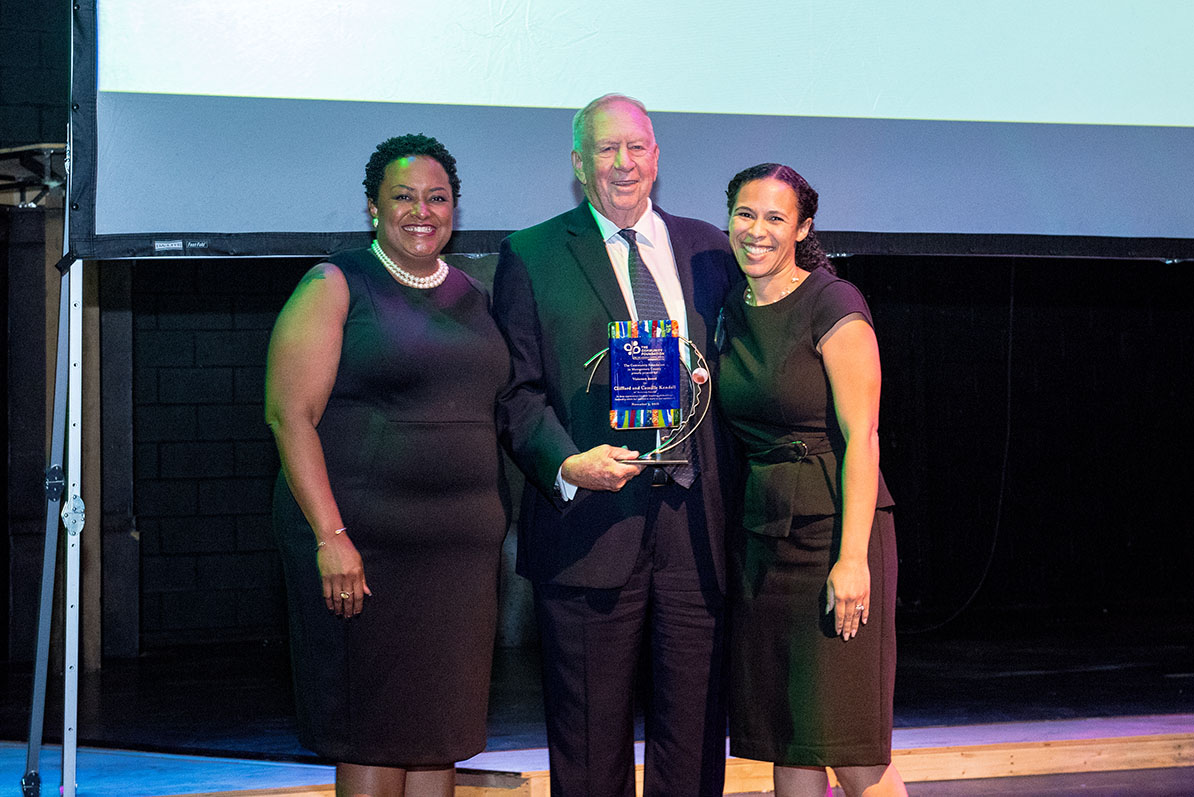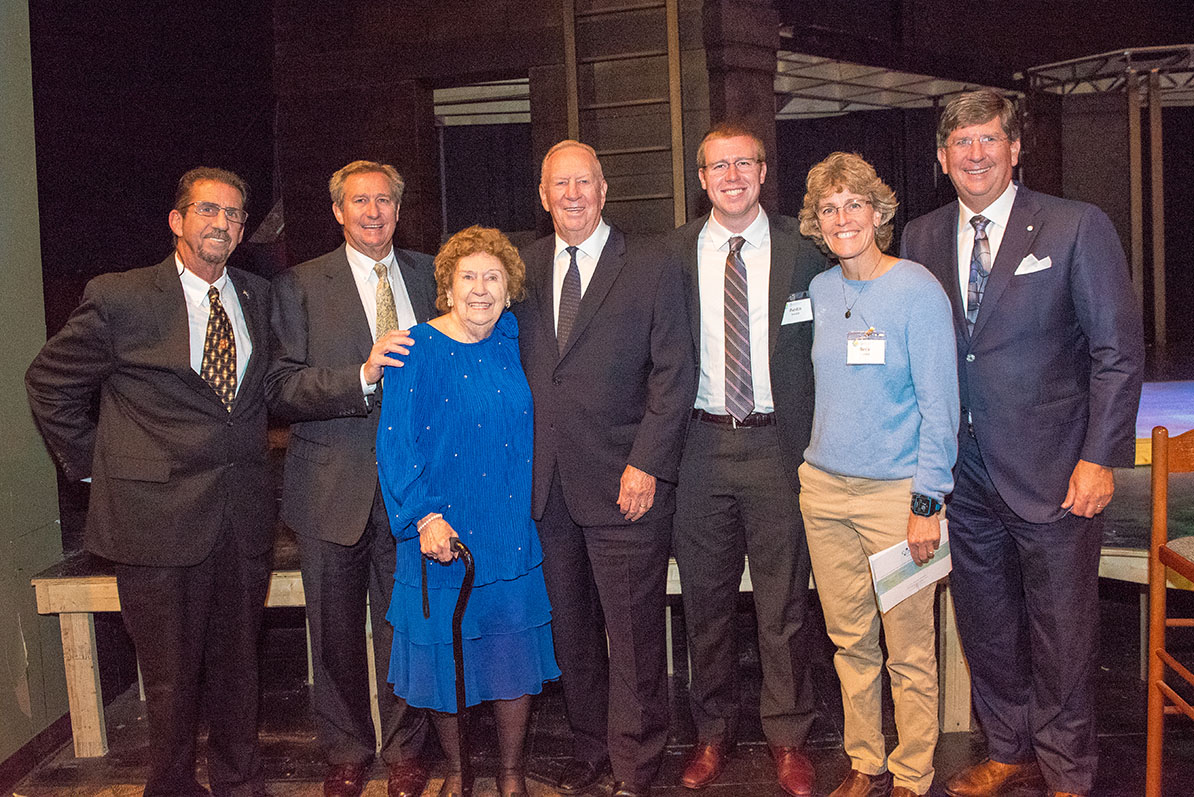The Resilience Fund announced that it has made grants to local nonprofits responding to the most pressing needs of federal workers, contractors and small business owners impacted by the partial Federal Government shutdown. These grants have provided support for emergency response, including funding for emergency cash and food assistance, as well as to help nonprofits restock, replenish and recover from the unexpected increase in demand for their services.
“It is heartening to say that the outpouring of support from our community has been incredible! We have more than doubled our original gift of $50,000 by raising an additional $125,000 in individual donations and institutional commitments, including gifts ranging in size from $10 to $50,000,” said Tonia Wellons, VP of community investment for the Greater Washington Community Foundation, and Terri D. Wright, VP for program and community for the Eugene and Agnes E. Meyer Foundation, who co-chair the Fund’s Steering Committee.
The Resilience Fund’s latest round of rapid response grants provided support to:
The Capital Area Food Bank to distribute produce and other grocery items at free pop-up markets held each Saturday of the shutdown at locations across the region. In the first week alone, the food bank served more than 2,400 individuals, nearly twice as many as expected.
United Communities Against Poverty in Prince George’s County to restock its food pantry and to provide cash assistance for expenses like gas, medicine, and other household needs.
Manna Food Center in Montgomery County waived eligibility requirements for food assistance recognizing that the ripple effects of the shutdown are reaching into the community far beyond federal employees.
Greater DC Diaper Bank working in partnership with World Central Kitchen and the Coast Guard to distribute more than 200,000 diapers, feminine hygiene products, formula, and other items to families directly affected by the shutdown.
The Excellence in Education Foundation for Prince George’s County Public Schools and the Dine with Dignity Program of Montgomery County Public Schools Foundation to support students who could not afford a hot meal for breakfast and lunch, so they can focus on learning and not hunger.
Volunteers sort produce the Capital Area Food Bank provided to furloughed federal workers and contractors at popup markets around the region during the government shutdown. Photo provided by the Capital Area Food Bank.
This announcement comes as parts of the Federal Government reopened this week following a 35-day partial shutdown affecting an estimated 300,000 federal workers and contractors in our region. While this provides some relief for federal workers who will eventually receive back pay, we remain concerned for local contractors, small business owners, childcare providers, and service sector workers, among others, who may not be able to recover lost income and could continue to fall behind. The Community Foundation will continue to work with the Resilience Fund’s Steering Committee and donors to determine how to further allocate resources to address the ongoing impact of the shutdown on our region.
You can help support our neighbors in need by making a donation to the Resilience Fund. You can choose for your donation to support nonprofits helping our neighbors affected by the shutdown or to contribute to one of the Resilience Fund’s other funding priorities, including immigration policies, justice reform and civil rights roll-backs, and efforts that expand access to citizenship and democracy.
ABOUT THE RESILIENCE FUND
The Resilience Fund was created in early 2017 as a collaborative partnership of the Greater Washington Community Foundation, the Eugene and Agnes E. Meyer Foundation, and other foundation and individual contributors. The Fund has raised and leveraged more than $1 million and made grants to nonprofits responding to changes in federal policy and the resulting climate of intolerance and hate, disproportionately impacting local people of color and immigrant communities. Grants have supported immigrant-serving organizations responding to changes in immigration and deportation policies by providing advocacy, legal or medical services, training on legal and civil rights, and assistance to reunite families separated at the border. The Fund has also supported efforts to build community cohesion and combat anti-other sentiment by funding grassroots community engagement, voter education services, and the expansion of programs teaching tolerance, respect and inclusion.





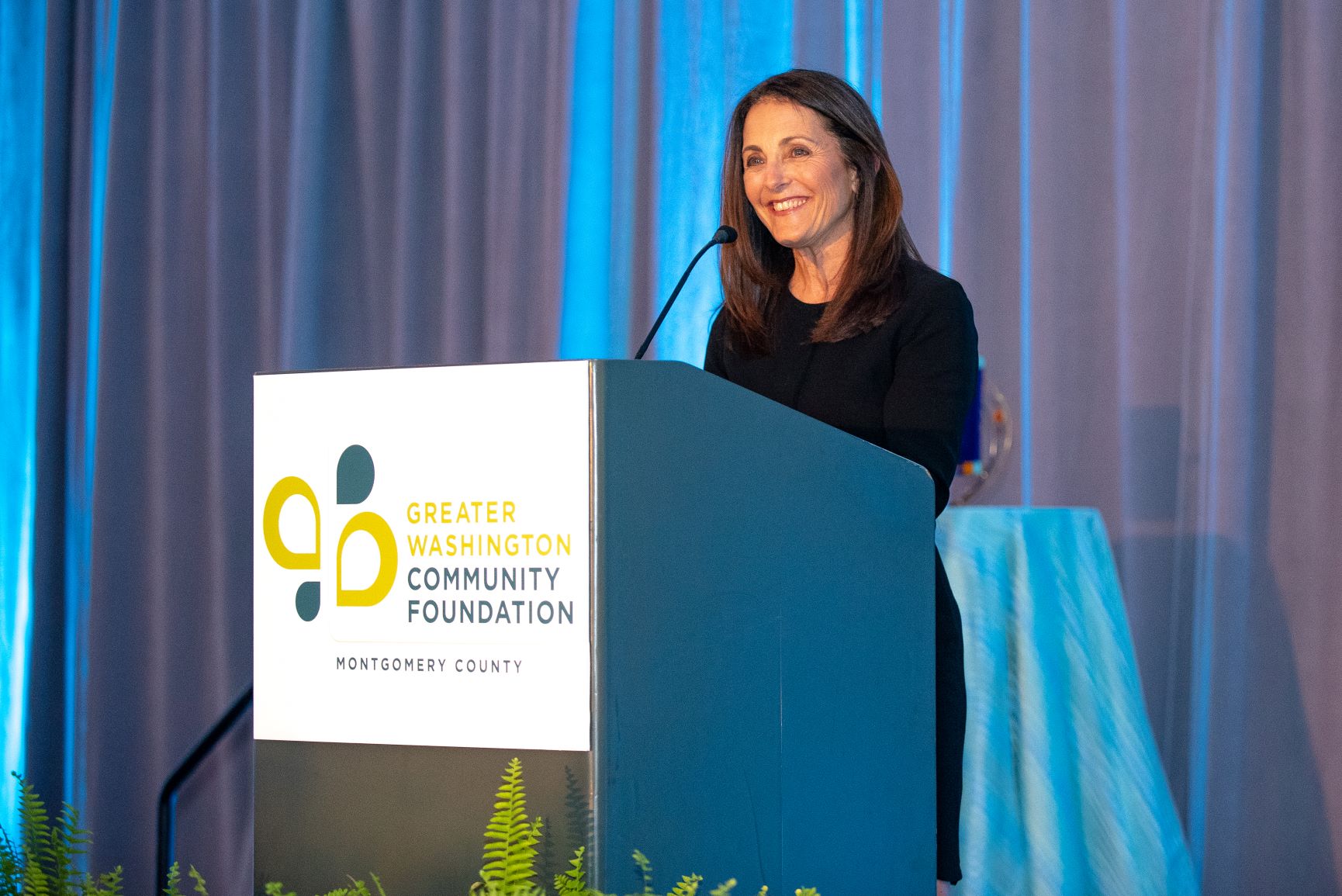



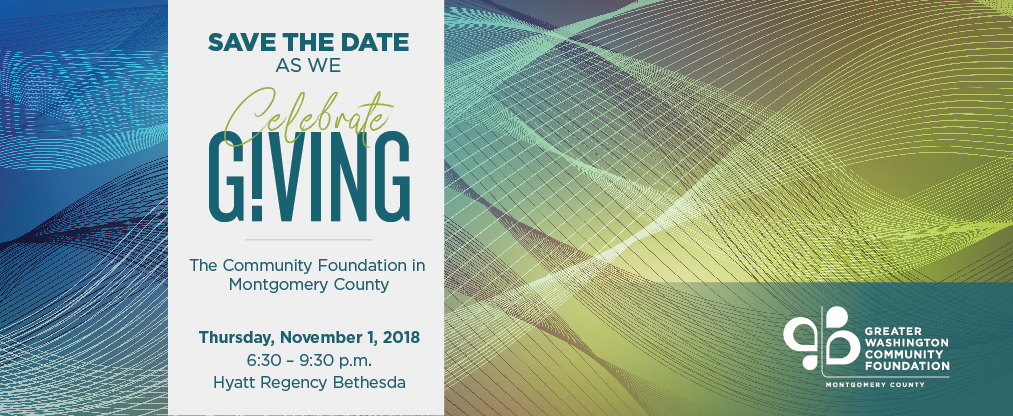
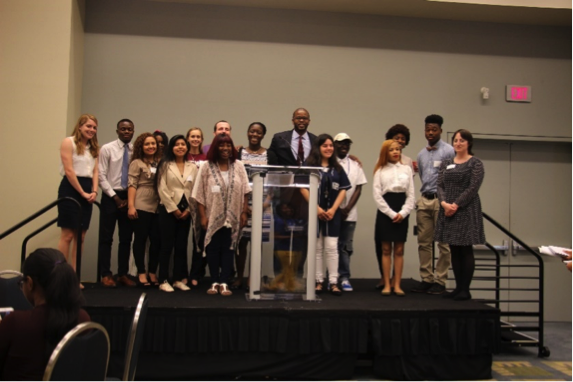





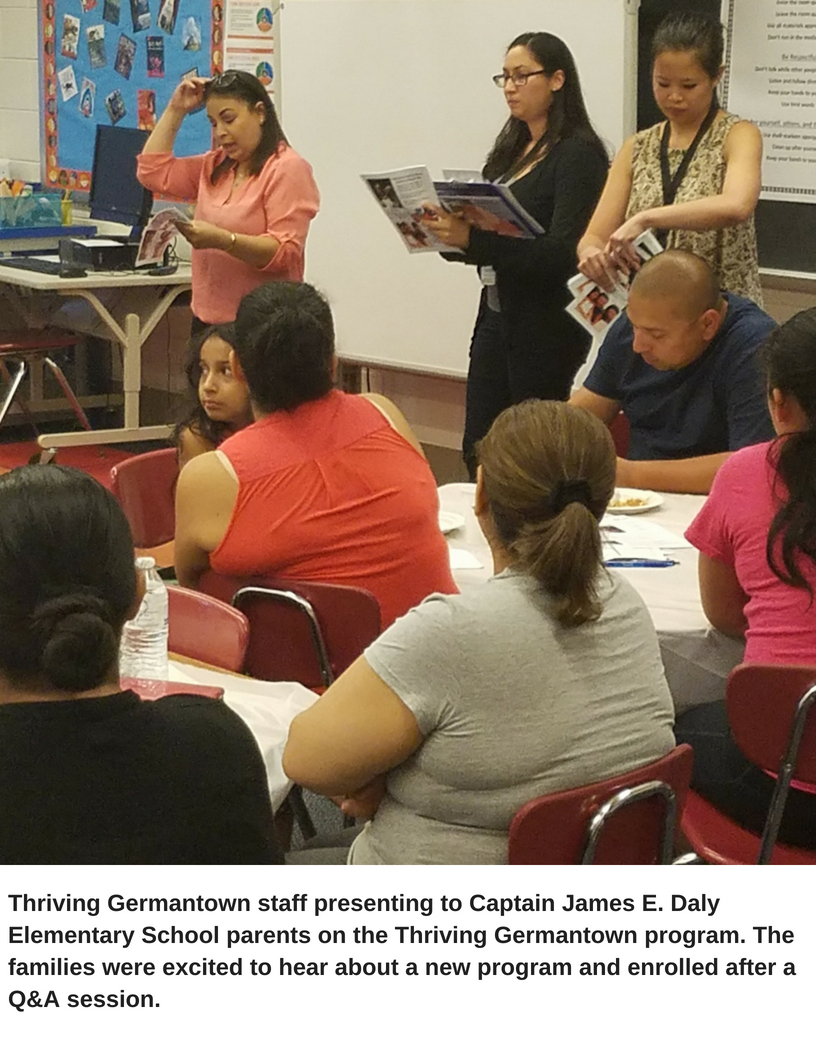

![Nicky+Goren_credit+Lisa+Helfert[1].jpg](https://images.squarespace-cdn.com/content/v1/58f791ec37c58188d411874a/1522848227229-DEDSCE0FKGH75WC8U6SW/Nicky%2BGoren_credit%2BLisa%2BHelfert%5B1%5D.jpg)
![2317+-+Bruce+McNamer+-+Sitting[2].jpg](https://images.squarespace-cdn.com/content/v1/58f791ec37c58188d411874a/1522848380041-GLNV5WEAGMP7YPJZDXRR/2317%2B-%2BBruce%2BMcNamer%2B-%2BSitting%5B2%5D.jpg)
